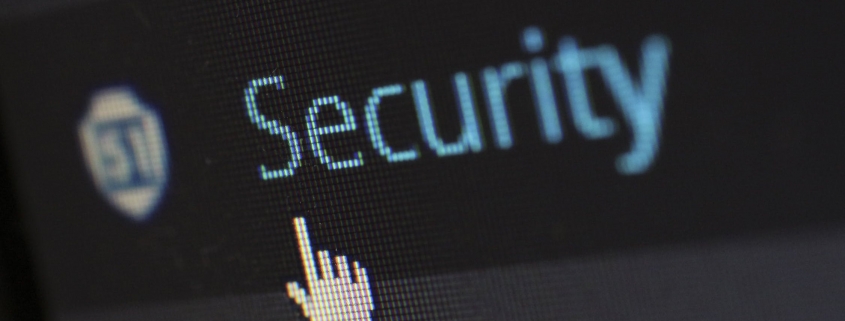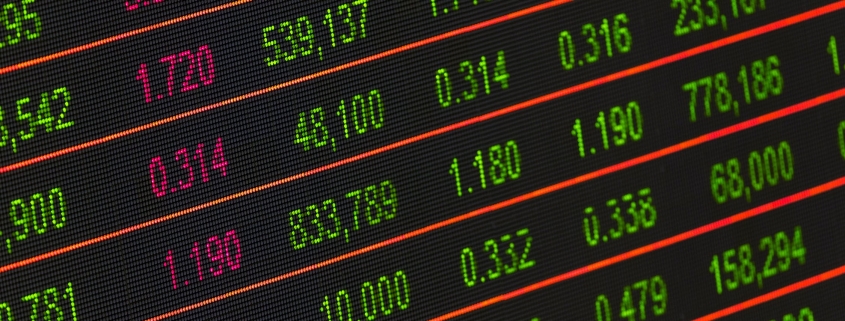The markets have held up reasonably well in the face of the worst crisis the world has seen since World War II.
They are demonstrating decent levels of confidence, not back to pre-coronavirus levels but not as bad as some of the commentators were predicting a few weeks ago.
There is still volatility, much more than you would see in more normal times, between 2-2.5% most days.
The US and most of the developed economies have begun to bounce back from the shockwaves of March and April.
Even some of the recent global unrest has failed to have an impact on the fragile confidence we are seeing return.
There is a US Presidential Election in November and the polls are currently suggesting Donald Trump may struggle to gain re-election. Big business and the markets have generally liked Trump, but even if his Democrat rival Joe Biden wins, I doubt there will be any seismic shifts in the overall confidence of the US economy.
In the UK, there is a lot of talk of Chancellor Rishi Sunak holding an emergency Budget at some point in July, with the intention of setting out the direction of travel now that we are beginning to emerge from lockdown.
It is highly unlikely we will see any tax rises or targeting of the pension tax relief. This would send out the wrong signals. More likely, if media reports are right, is that VAT may be reduced to provide a boost to business and encourage consumers to spend.
Expect a further economic stimulus package as the Chancellor tries to avoid vast job losses as the furlough scheme starts to wind down. This is likely to fast-track infrastructure spending, skills training and largescale investment in green technologies.
The great unknown is whether we will witness a second spike of coronavirus in the coming months. The one reassuring thing is that at least the world will be much better prepared second time around.






